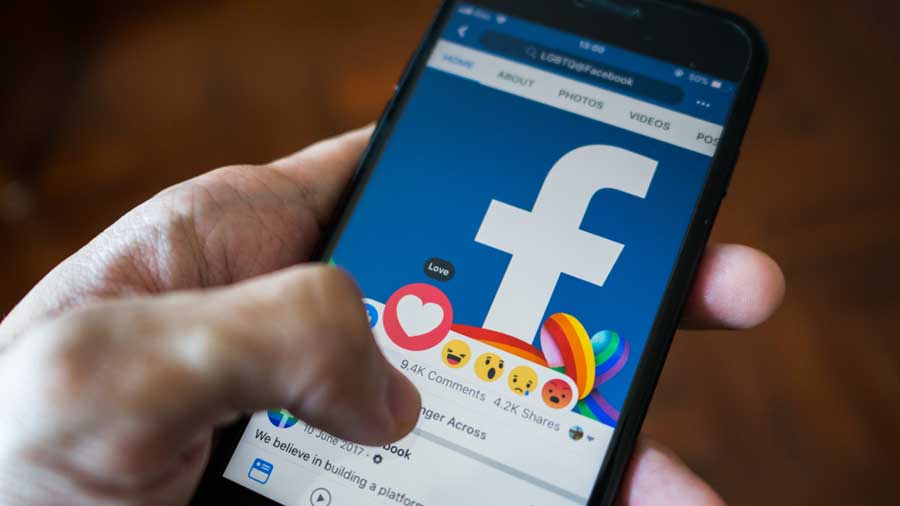Facebook’s claim of being the prized jewel in the Big Tech crown is increasingly being undermined by strident criticisms of the social media giant’s conduct around the world. These concerns are not new. Over the years, Facebook has faced criticism on such issues as complicity in data manipulation — the Cambridge Analytica scandal is still fresh in public memory — encroachments on privacy, tacit endorsement of objectionable content and, occasionally, alleged political chicanery. The censure — it is sustained and global in character — should have brought about a change of conduct. Unfortunately, Facebook is yet to come out squeaky clean and its spots, evidence suggests, have to do with selective application of standard protocols and, not to put too fine a point on it, conscience. It has been found that the company stubbornly refused to get rid of inflammatory remarks and comments — some of which were made by the occupants of the highest pulpit of the land — in countries like India, Sri Lanka and Ethiopia in spite of repeated requests by activists and members of civil society to act against these. One of the reasons being attributed to the leeway given to offenders by Facebook is its fidelity to the principle of free speech. Ironically, Mark Zuckerberg’s company did find the courage to stop incitement in the land of the free — it booted out Donald Trump from its platform for his role in abetting the violence in Capitol Hill.
Facebook’s obvious hypocrisy in the application of policy has, understandably, caused massive outrage. It is entirely possible that Mr Zuckerberg — he pledged to rid hate speeches from advertisement last year — remains unwilling to rub heads of state in profitable markets — India is Facebook’s gold mine — the wrong way. But the political-corporation nexus is only a partial explanation for Facebook’s inertia against toxic posts. The deepening of democracy in some of the markets that Facebook operates in has not been accompanied by the flowering of a robust culture of accountability. Summons by a parliamentary standing committee — the next meeting is on Thursday — would not be enough for Facebook to mend its way as long as Indian consumers and advertisers remain unconcerned with its duplicity. Institutional scrutiny, an ethical pushback from patrons and demands of accountability by users — all three are necessary — can force Facebook to correct the imbalances in its global policy against hate speech.











